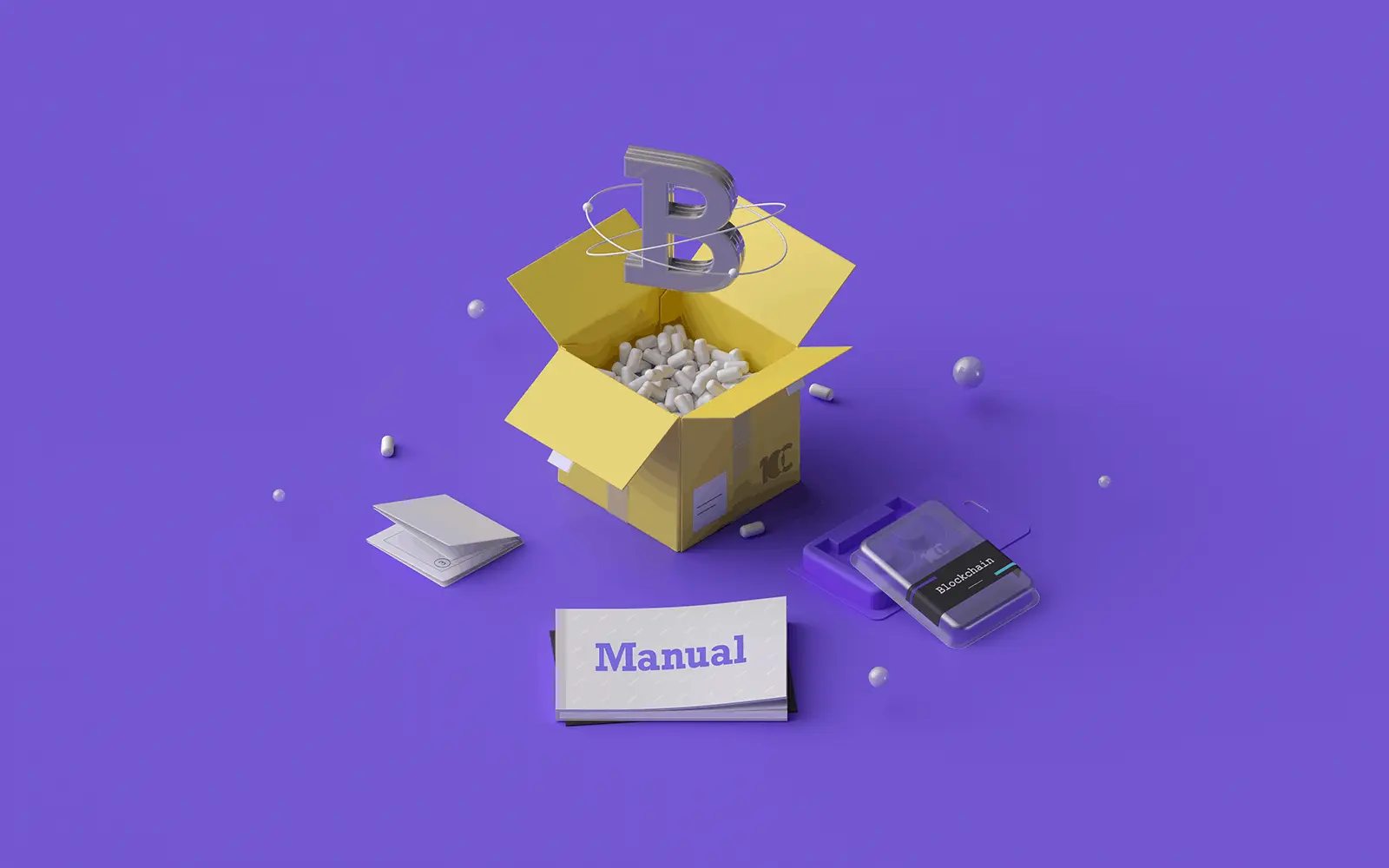
Blockchain is surrounded by a lot of hype; there’s no doubt about it. In 2018, PwC’s Global Blockchain Survey asked 600 executives from 15 territories what’s their next move when it comes to implementing the technology. A whopping 84% of them said their organizations have some kind of involvement with blockchain, be it starting a lab or building a proof of concept. It’s clear that nobody wants to be left behind when it comes to this recent tech innovation.
But considering blockchain implementations has become increasingly challenging for organizations because of this hype. New projects trying to decide whether it’s the right technology for their purpose have a hard time understanding when it’s worth to invest in blockchain and when other technologies might do a better job.
So how can you tell whether blockchain has any relevance to your company’s current challenges and future objectives?
At 10Clouds, we know what the most common struggles of companies looking to implement blockchain are. We started our first blockchain project five years ago and have since completed 25+ blockchain projects for businesses operating in many different sectors.
In this article, we share some of the things we learned about the most promising blockchain scenarios. So read on, and you’re bound to find out whether your company could use blockchain to solve its most pressing problems.
Blockchain and its benefits
Just a quick recap:
Blockchain is a distributed and decentralized ledger that can record transactions between two parties. These records are permanent and unalterable.
Blockchain may be relatively new technology, but it has already produced some inspiring case studies that prove its value for sectors such as financial services, healthcare, and government.
Companies that implement this technology often see the following benefits:
- Greater speed and operational efficiency – blockchain is the next chapter in the digital transformation journey of companies looking to minimize manual, paper-heavy processes that are error-prone and time-consuming. The idea is to replace them with automated digital solutions that help employees complete tasks faster and with more accuracy. Blockchain can help organizations in accelerate processes by removing the need for third-party mediation – for example, creating a database of information to avoid the issues that crop up in reconciling multiple ledgers.
- Significant cost reductions – since blockchain renders intermediaries or third parties who guarantee transaction safety irrelevant, it helps businesses to complete transactions faster. It also reduces the costs of preparing, revising, and circulating documentation.
- Greater transparency – blockchain solutions allow easy sharing of documentation between stakeholders who are aware that changing a single record requires altering all the subsequent records. That’s why data stored on a blockchain is transparent and consistent.
- Absolute security – blockchain solutions are more secure than traditional business solutions. A total of 71% of executives surveyed by Deloitte in 2019 agreed on that. As a record-keeping system, blockchain is more secure because it encrypts transactions and links them to the previous ones permanently, storing them across a decentralized network instead of one server.
- Unmatched traceability – blockchain allows companies to accurately identify the origins of their assets through secure historical transaction data.
How could your company benefit from blockchain?
Blockchain isn’t a universal solution to every business problem. It’s not a good idea to use blockchain just because everyone else is using it. You might already be using technology that helps your teams achieve more and boost your revenue. However, smart organizations always investigate the potential value innovative technologies may bring to their business.
Here are a few questions you should ask when starting your research on blockchain:
- Is there an issue at your company that you could address with the blockchain technology? Could a blockchain help you realize one or more of your business objectives?
- Are there any other technologies or solution that could help you solve this problem or achieve this goal?
- Are your competitors or similar companies planning to use blockchain? Or maybe they’re already using it? If so, which areas of operation or processes are they innovating with blockchain?
- Does a decentralized technology model of a blockchain match your business?
- Will the cost of implementing and running a blockchain solution outweigh the potential revenue it would bring to your business?
- Do you need to verify/authenticate assets across our business network or supply chain?
- Do your business processes include contract terms and conditions that could be improved with automated processing or payment?
Choosing blockchain – factors to consider
Here are a couple of things you should consider before investing in a blockchain-powered solution for your business.
When to choose blockchain over a traditional database
Experts agree that blockchain brings a new quality to data management because it helps to facilitate consensus among actors who have no reason to trust one another. An element is added to the chain only once they reach an agreement, offering a secure and untamperable environment for storing data. A the same time, blockchain’s decentralized character removes the need for one authority to be responsible for managing the database. This brings considerable benefits in security, cost, and efficiency over traditional technology.
Still, it’s important to remember that securing blockchain solutions can be a time-consuming process. Scaling decentralized systems can be challenging as well – however, these issues can be addressed successfully, as demonstrated by high-performing blockchains such as BitShares or IOTA.
Traditional, relational databases developed by companies like SQL Server or Oracles have been supporting organizations for years and offer excellent performance. However, they’re centralized – a single or few entities are responsible for data management, integrity, and security.
If speed is your priority, an existing database solution might be a better pick. If you care more about data security and trust within the network, blockchain is the best solution.
Know the difference between permissionless and permissioned blockchains
Another factor you need to take into account when deciding whether blockchain is a good fit for your business is the difference between permissionless and permissioned blockchains.
A permissionless blockchain is the decentralized, open blockchain. Anyone can join it and take part in the consensus process for verifying blocks. For example, Bitcoin and Ethereum are such blockchains. Anyone can operate as full nodes in these blockchains and start mining. No single user can validate transactions in this type of blockchain.
A permissioned blockchain, on the other hand, authorizes a limited number of users to join the network. It includes a centralized authority that regulates the responsibilities of users regarding operations on the blockchain. Public permissioned blockchains allow data to be viewed by the public – for example, for food supply chains to allow product traceability. Private permissioned blockchains are small networks of known entities that restrict data from public view, which makes them ideal for financial services companies such as the banking consortium R3.
All the solutions offer excellent security, but before investing in blockchain make sure to ask yourself if picking one of them will provide you with a competitive advantage over a shared, centralized database.
The takeaway
Blockchain is on its way to becoming one of the most disruptive technologies of our lifetime. Experts predict that the technology will have a profound impact on organizations during the next decade.
By providing companies with an architecture that enables a trustless environment, removes the need for third-party authorization, offers unrivaled security, blockchain is going to empower industries such as healthcare, financial services, and supply chain management to address the most pressing problems.
Want to read more on blockchain? Take a look at some of our other recent articles on this subject:
Building on Blockchain Part 1: Benefits and Challenges
Building on Blockchain Part 2: Real life application
Are you looking for expert advice about blockchain implementation at your company?
Get in touch with our Blockchain Lead for a free blockchain consultation. You can contact Dennis at dennis.vandervecht@10clouds.com or call him at +48 793 200 141.



